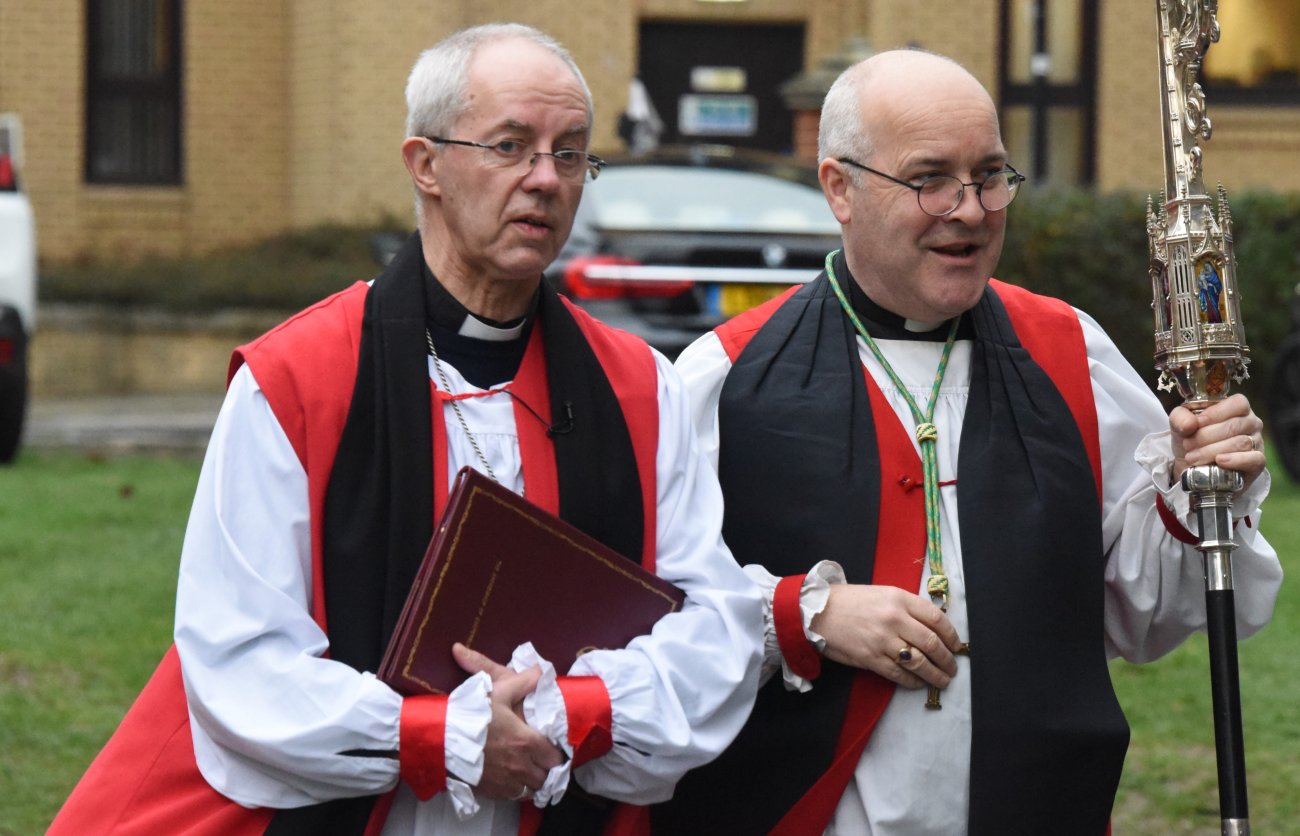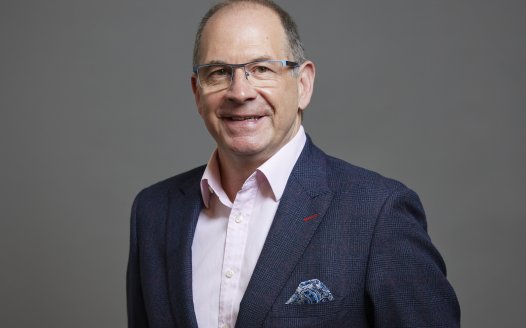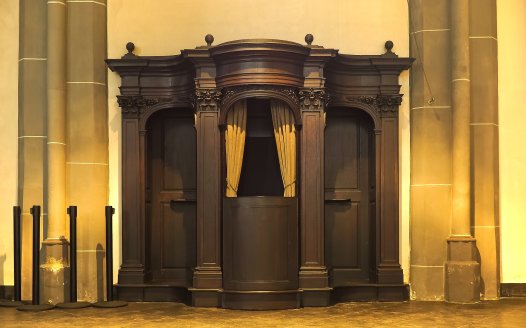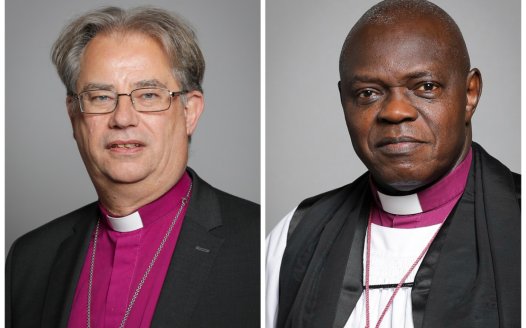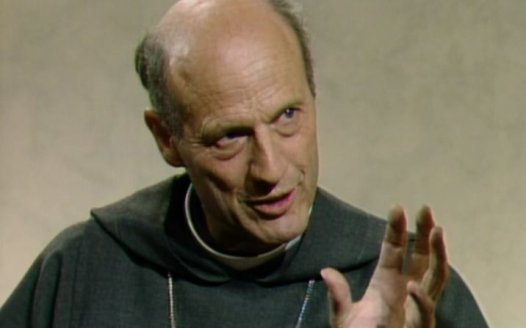Review: CofE leaders mainly to blame for sacking safeguarding body
Posted: Thu, 21st Dec 2023
"Extreme time pressure" imposed chiefly by archbishop of Canterbury caused "serious design flaws" in safeguarding board, review finds
An independent review into the decision to sack the board examining Church of England safeguarding has concluded fault lies largely with the Archbishops' Council.
The Archbishops' Council is a registered charity set up to "co-ordinate, promote, aid and further the work and mission of the Church of England". Members include the archbishops of Canterbury and York.
The Council set up the Independent Safeguarding Board (ISB) in 2021 in response to the damning findings of the Independent Inquiry into Child Sexual Abuse's (IICSA) report into the Anglican Church.
The ISB's purpose was to scrutinise safeguarding in the Church. It was originally composed of three safeguarding experts with no ties to the Church.
In June, the Council took the controversial decision to terminate the contracts of the ISB members. They claimed relations between two ISB members and the Council had "broken down". The two ISB members said there had been "clear interference" with their work and a "lack of transparency".
Following the sacking, the Church's own deputy head of safeguarding, bishop of Birkenhead Julie Conalty, said the decision made the Church "less safe". Jane Chevous, a member of the Church's National Safeguarding Panel, said it was "dangerous to trust the Church".
The National Secular Society called on the Charity Commission to investigate the Council's decision.
In August the Council instructed Sarah Wilkinson KC to carry out an independent review of the decision.
Structural reasons: "principally the responsibility of the Archbishops' Council"
The review divides the reasons for the termination into two categories: structural and short term.
"The structural reasons for the termination were principally the responsibility of the Archbishops' Council", it concludes.
The ISB "was designed under extreme time pressure imposed principally by the Archbishop of Canterbury". The speed at which it had to be designed "resulted in serious design flaws".
The creation of the ISB was taken on by a member of the Council's staff, despite him not having "any significant background in safeguarding". This was because "no other member of their team had any experience of safeguarding".
The review found consultation with survivors was "rushed and not broad enough", while data protection and information governance consultation was "minimal".
The review said a member of the General Synod's House of Bishops warned the "2 day time scale" for approving proposals was "procedurally unsafe". One member of the Council said the timetable for comment was "intolerably short for such an important topic", it added.
The governance arrangements for the ISB made by the Archbishops' Council were deemed "wholly inadequate" by the review.
The Secretary General of the Council admitted they had "taken [their] eye off the ball" in failing to review the ISB's terms of reference, it said.
Short term reasons
The "most significant short term cause" of the termination was the appointment of the acting Chair by the Archbishops' Council without consulting the other ISB members, the review found. The first chair had resigned following multiple allegations of breaching data protection rules.
The other ISB members objected to the appointment of the acting chair because, among other reasons, she was also chair of the Church of England's National Safeguarding Panel (NSP). One NSP member described this as a "direct conflict of interest", the review said.
"ISB members had raised concerns about 72 objections from survivors of church abuse who had withdrawn their consent for their data to be shared with the acting Chair", the review said.
Imposing "a new chair, on a very small board, even on an interim basis, required consultation with the existing board members as a matter of good governance", it added.
Effect on survivors of abuse
The review concluded the way the Council terminated the ISB showed "lamentably little trauma-informed regard for the vulnerability of the individuals with whom the ISB were working", which the Archbishops' Council members "should have been aware of".
One member of the ISB had warned the Council that a sudden announcement of the termination could harm survivors: "I am urging caution as powerfully as I can. The harm could be significant and the announcement isn't urgent".
The review said the refusal to pause when that vulnerability was pointed out so the decision could be communicated as safely as possible was "unreasonable".
"Even if the decision had been leaked to the press as a result of pausing, the reputational damage to the Archbishops' Council is, in my view, unlikely to have been worse than the publicity it has in fact suffered", it added.
Independence of the ISB
Speaking at the General Synod following the termination, former ISB member Steve Reeves said: "It's clear to me that when the Archbishops' Council talks about independence they do not mean independence in the way that you or I or the average person in the street means independence.
"It means semi-detached. When they talk about trust, they mean obedience; when they talk about communication, they mean loyalty."
The independent review said it agreed with the view of one interviewee that "the Archbishops themselves were unable to articulate what independence meant in practical terms".
NSS: "catastrophic failure of governance on every level"
Richard Scorer, NSS vice president and a lawyer who acts for many survivors of abuse in the Church of England, said: "In setting up the ISB the Church of England held out the promise of independent oversight of CoE safeguarding – oversight which is sorely needed given the CofE's dismal track record.
"As many feared, this so-called 'independence' proved to be illusory as soon as the Board's members sought to exercise genuinely independent judgement.
"The chaotic collapse of the ISB, caused by the actions of the Archbishop's Council which acted without any concern or planning for the needs of survivors, was a catastrophic failure of governance on every level and demonstrates yet again the CofE's unfitness in respect of safeguarding and the need for genuinely independent oversight.
"In my view this can only be provided now by a statutory body entirely separate from the CofE and with full powers to audit performance and intervene where required.
"I hope that in her upcoming report on CofE safeguarding, IICSA chair Alexis Jay will endorse the need for such a body and that this will then be established as soon as possible so that we can forward without more of the chaos seen over recent months".
End abuse in religious settings
Religious privilege must not undermine safeguarding and justice. Join our campaign.

